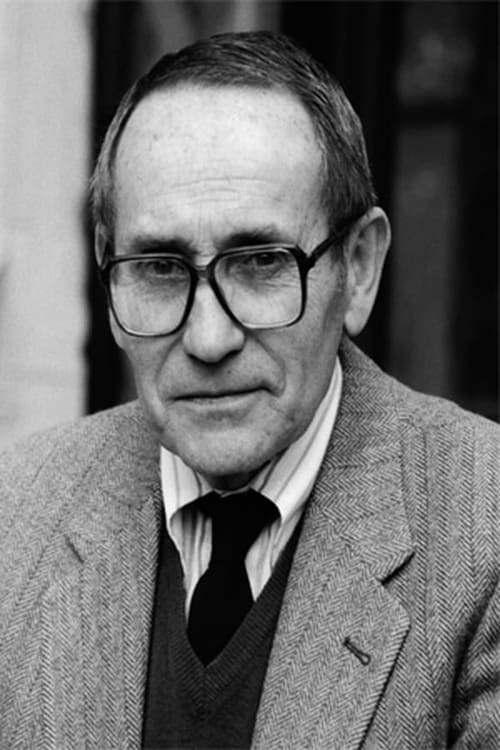Tadeusz Konwicki
Nacimiento : 1926-06-22, Nowa Wilejka, wileńskie, Polska (obecnie Litwa)
Muerte : 2015-01-07
Historia
Tadeusz Konwicki (22 June 1926 – 7 January 2015) was a Polish writer and film director, as well as a member of the Polish Language Council. He is widely known for two novels, published by the Polish underground press: "The Polish Complex" (1977) and "A Minor Apocalypse" (1979).
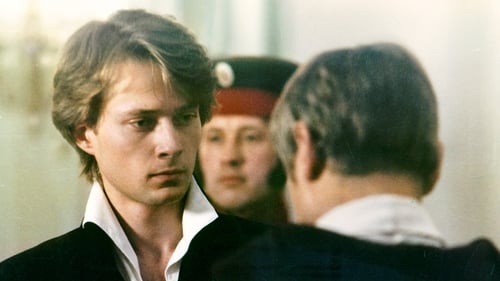
Screenplay
In the eve of the Day of the Dead, among mysterious old rituals of the Vilnius region, ghosts of the past and present start to appear.

Director
In the eve of the Day of the Dead, among mysterious old rituals of the Vilnius region, ghosts of the past and present start to appear.

Stranger
Set in the summer months preceding the September 1939 outbreak of World War II in Polish part of Lithuania. A young highschool lad, Witek, is hoping to pass the entrance exams to the university. His love interest is Alina, his high-school colleague.

Novel
Set in the summer months preceding the September 1939 outbreak of World War II in Polish part of Lithuania. A young highschool lad, Witek, is hoping to pass the entrance exams to the university. His love interest is Alina, his high-school colleague.

Writer
Set in the summer months preceding the September 1939 outbreak of World War II in Polish part of Lithuania. A young highschool lad, Witek, is hoping to pass the entrance exams to the university. His love interest is Alina, his high-school colleague.

The protagonist of "Passerby" is writer and filmmaker Tadeusz Konwicki. His story, which reflects the paradoxes of the 20th century history, is commented by means of fragments of his films, documentary newsreels and stage productions.
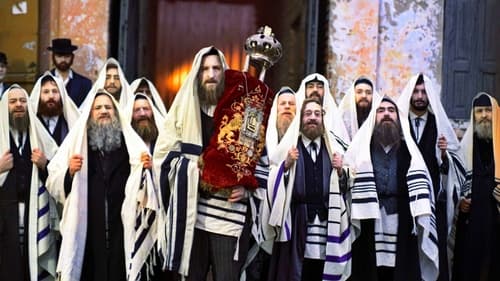
Writer
La acción se desarrolla en una localidad al este del Imperio Austro-Húngaro en los primeros días de la I Guerra Mundial. En la austera (taberna) del viejo judío Tag se esconden judíos de varias capas sociales amenazados por las tropas cosacas...

Writer
The film evokes a childhood in rural Lithuania between the wars. A country boy, Tomaszek, lives on a rich estate, situated on the Polish border. He realizes that the Issa Valley he lives in is to be torn apart by internal political conflicts and unrests among the mixed population of Poles, Lithuanians, Jews and Russians. He, however, is captivated by a paradise surrounding him, the forest, and his fantasies.

Director
The film evokes a childhood in rural Lithuania between the wars. A country boy, Tomaszek, lives on a rich estate, situated on the Polish border. He realizes that the Issa Valley he lives in is to be torn apart by internal political conflicts and unrests among the mixed population of Poles, Lithuanians, Jews and Russians. He, however, is captivated by a paradise surrounding him, the forest, and his fantasies.
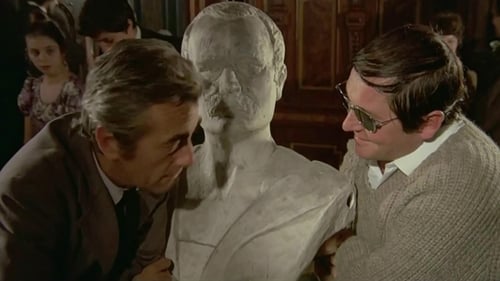
Writer
Un líder de la resistencia polaca muere durante la Segunda Guerra Mundial y regresa en forma espectral a enfrentar su pasado y de paso a contemplar, sorprendido, el estado deplorable en que se encuentra su país. Película de tipo experimental, prohibida durante más de 15 años en la Polonia comunista. (FILMAFFINITY)

Director
Un líder de la resistencia polaca muere durante la Segunda Guerra Mundial y regresa en forma espectral a enfrentar su pasado y de paso a contemplar, sorprendido, el estado deplorable en que se encuentra su país. Película de tipo experimental, prohibida durante más de 15 años en la Polonia comunista. (FILMAFFINITY)

Writer
Marek is a promising athlete sharing affairs with more than one women. One day at masquerade ball his loafing eyes witnessed the most beautiful pair of eyes disguised in black veil of Turkish dress and instantly get him ensnared by her enigma. He follows her, she knows it. She meets him and introduced her as Jowita and told him to wait for her outside the gate. The wait ended in frustration for him and he gets himself obsessed in search of her. Finally at another ball, he meets her again but she said she is Agnieszka and not Jowita, who is her best friend. They became friends and lovers but still those eyes of Jowita remain a mystery. Who is Jowita? An unattainable object of desire or unsolved enigma of subconscious?
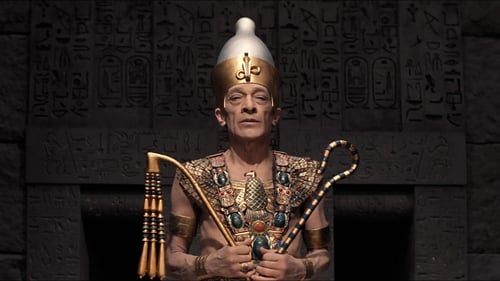
Writer
Imperio Nuevo. Egipto se encuentra en una difícil coyuntura. Por una parte, los asirios amenazan con invadir el país y, por otra, el empobrecimiento del pueblo es cada vez mayor. Una vez proclamado faraón, el joven Ramsés XIII (faraón inexistente) decide poner remedio a esta situación sirviéndose de las riquezas de la casta sacerdotal, que concentra en sus manos el poder económico, religioso y, de hecho, también el político. Prueba de ello es que el faraón fue derrotado y sus reformas nunca se llevaron a cabo.

Writer
The movie "L'instant de la paix" consists of three segments: 1. "Les rideaux blancs" (France) 2. "Berlin N 65" (West Germany) 3. "Matura" (Poland)

Director
The movie "L'instant de la paix" consists of three segments: 1. "Les rideaux blancs" (France) 2. "Berlin N 65" (West Germany) 3. "Matura" (Poland)
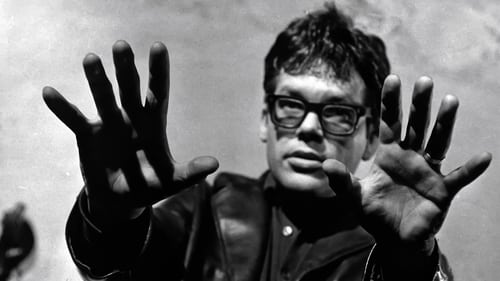
Writer
A man jumps off a moving train and goes to a small town to face its inhabitants, who seem familiar, but odd.

Director
A man jumps off a moving train and goes to a small town to face its inhabitants, who seem familiar, but odd.
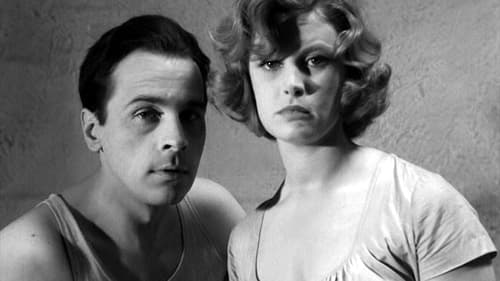
Writer
A pair of lovers go off to a small hotel in a little town. The memories of war, however, intrude on their idyll. The girl and boy relive certain wartime experiences in flashback. She was a communist who drove a boy loving her to give himself up.

Director
A pair of lovers go off to a small hotel in a little town. The memories of war, however, intrude on their idyll. The girl and boy relive certain wartime experiences in flashback. She was a communist who drove a boy loving her to give himself up.
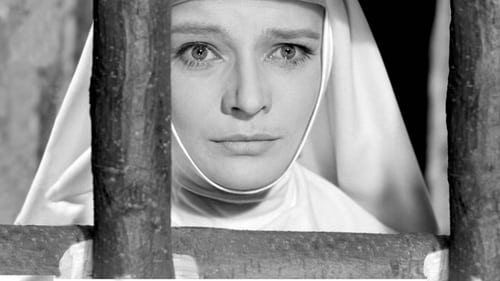
Screenplay
En el siglo XVII, un alto dignatario de Roma acude al convento de una pequeña ciudad polaca para exorcizar a la directora del mismo. (FILMAFFINITY)

Writer
A subtle, almost quasi-documentary tale of a confrontation between two lonely people — one from which true understanding cannot seemingly result.

Director
A subtle, almost quasi-documentary tale of a confrontation between two lonely people — one from which true understanding cannot seemingly result.

Writer
Rumsza, the elderly railwayman, leading a sedate life with his wife, misses his only remaining son (two older boys were killed in the war). Joziuk finally returns from the military in the first scene but with the pregnant Zosia, while Rumsza expected him to marry Celinka, the daughter of Krywka, his only friend and neighbour. The hero will not accept the new situation; he throws his son and Zosia out of his house. Celinka is distressed but she still harbours hope for Joziuk. The birth of the child changes the situation: Rumsza accepts his son's relationship but Celinka decides to leave.

Writer
Karwowski, son of a pre-war colonel, is transferred from the West to Poland with the task of assembling a spy and diversion network. The task seems to be easy. However, after landing in Poland, it turns out that nobody wants to cooperate with him. Karwowski's "100% reliable" contacts with potential collaborators turn out to be completely outdated.

himself
The main character of "Żyłem siedemnaście razy" reflects on his childhood in Gwoździec and tells a story about the beginning of his career as a filmmaker.
